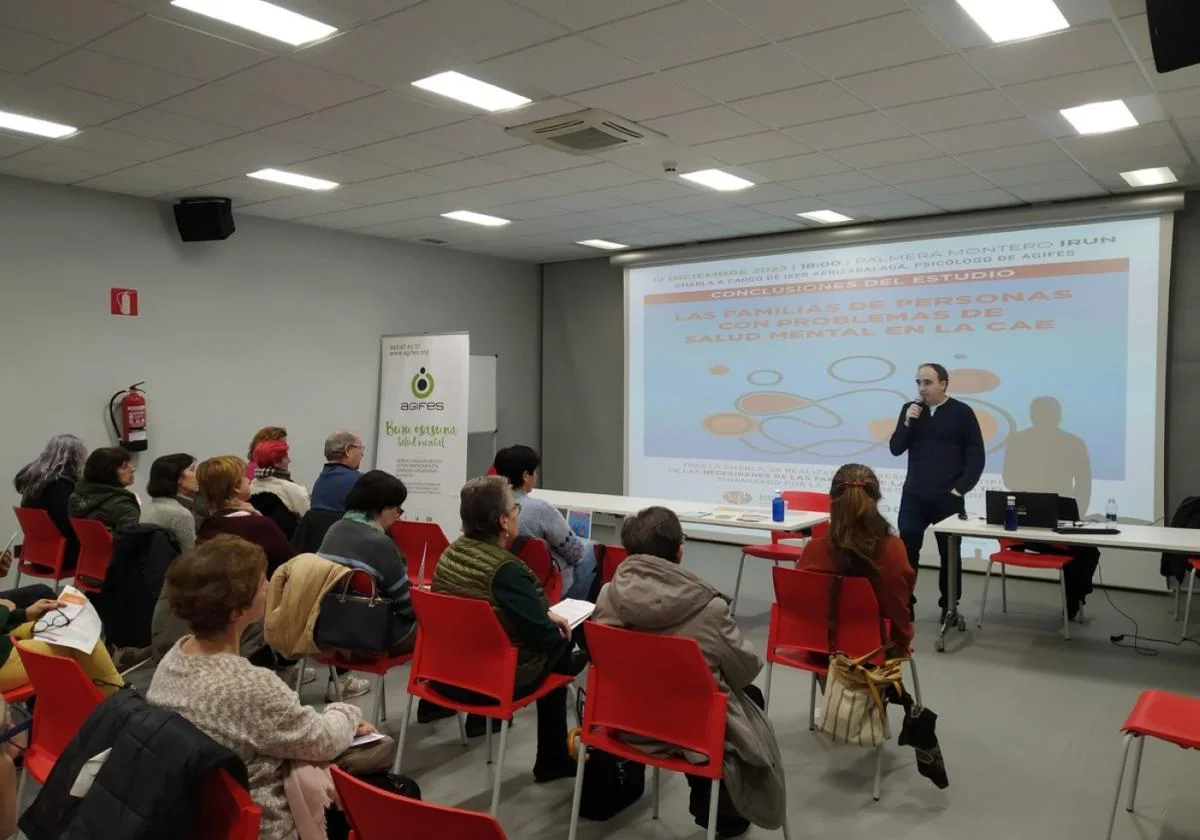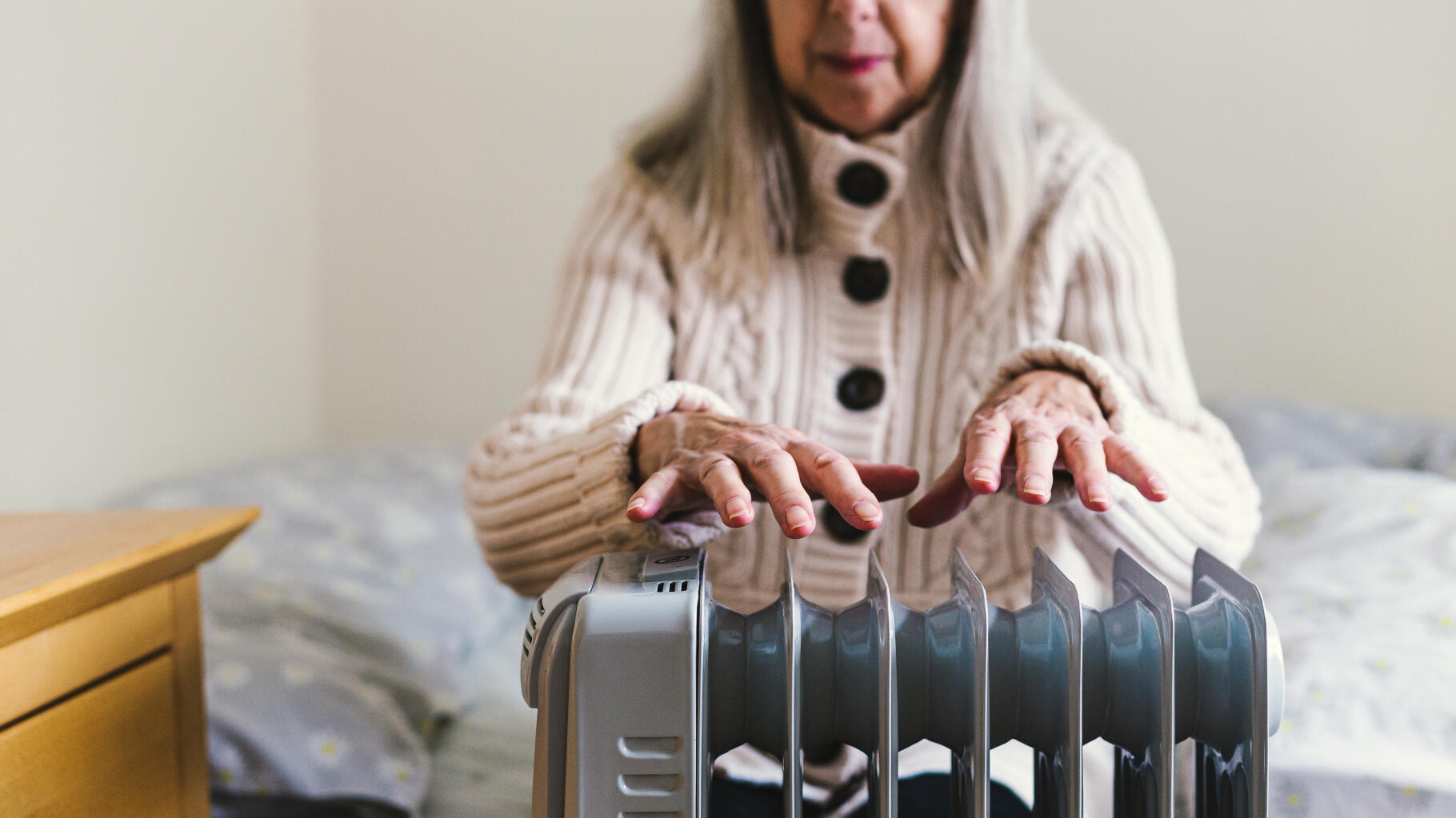“Our emotional well-being has a lot to do with the people we love.”

AGIFES recently held a meeting in Irun aimed at analyzing the needs of Bidosota families living with people with mental health problems. In that debate, the Gipuzkoan Association presented the findings of a study carried out by Salud Mental Euskadi in the area, which shows some data that show the reality of many homes in the region: in fact, according to Eustat data, in Bidassoaldia. 9,175 in households who live with someone who has or has had a mental health problem.
“We’re at a time when there’s a lot of talk about mental health,” Iker Arrizabalaga, a psychologist at Agifes, said during the meeting. Since the pandemic, there has been a “tremendous increase” in these types of problems. “It’s clear that attention to behavioral or emotional disorders has increased.” Arrizabalaga recalled the importance of addressing the problem “from different points.”
Caregivers Profile
In the case of Agifes, its work focuses on supporting families of people with mental health problems. In a study conducted by Salud Mental Euskadi, 80% of participants worked as caregivers, who “take charge of or continuously supervise” a person with the disorder. Among those surveyed, “four in ten are under psychological or pharmacological treatment, and half require special care at least on some occasions as a result of the emotional impact of caregiving responsibilities on them.” Six in ten said their family relationships suffered because of the situation, and three in ten families had breakups and divorces. “Especially in the case of women and family members living with affected people,” leisure time and social interactions have been significantly reduced for most caregivers. Regarding the profile of those who do this work, 80% are over 50 years old, “and it is mostly women, and especially mothers, who take care.”
In summary, the care of the disease, in many cases in addition to the “financial costs”, also implies sacrifices in various areas: work, training, social… The work of organizations dedicated to the care of Agifes and families is particularly relevant. To improve this situation: according to the study, “nine out of ten people are satisfied with the support received from associations.”
In his discussion, Iker Arrizabalaga emphasized the importance of the family “having a place for support. “Emotional well-being has a lot to do with the people we love.” In the framework of the study conducted by Salud Mental Euskadi, a series of proposals for improvement are included. , such as, for example, “moving toward a model in which the family is involved in the therapeutic process.”
A space for mutual support
Esme, a member of the Agifes support group that meets “more or less” every two weeks at Espacio Palmera Montero, also participated in the meeting, in which “we are all women.” In these meetings “we learn, we value each other and we support each other. We have so much to say, so much to understand. Especially in the first moments when a family faces a situation where one of its members has a mental health problem, “we feel lost.” “Agifes provides us with a lot of information about the resources we may have, our rights and responsibilities,” in support groups. Furthermore, he emphasized, “What is said in the group stays in the group.”
(TagsToTranslate)Health




